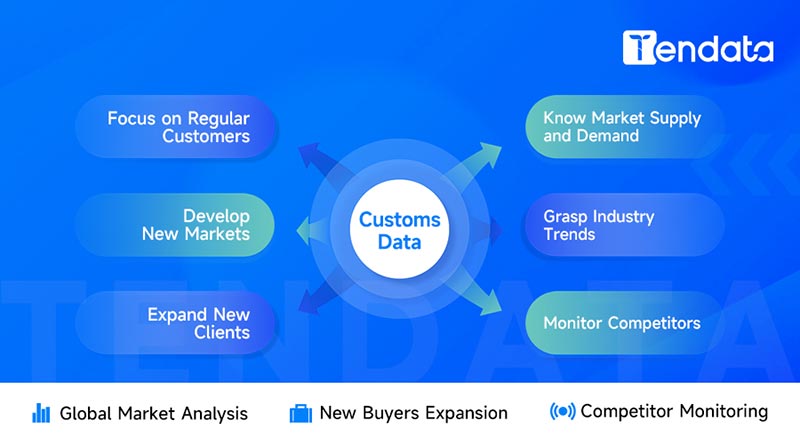 Trade Trends News
Trade Trends News
 01-04-2025
01-04-2025
South Korea, China, and Japan held their first economic dialogue in five years on Sunday, aiming to enhance regional trade as the three Asian export powerhouses brace for U.S. President Donald Trump's tariffs.
In a joint statement issued after the meeting, the three nations' trade ministers agreed to "closely cooperate" on high-level negotiations for a South Korea-Japan-China Free Trade Agreement (FTA) to promote regional and global trade.
South Korean Trade Minister Ahn Duk-geun emphasized the need to strengthen the implementation of the Regional Comprehensive Economic Partnership (RCEP)—a trade framework among 15 Asia-Pacific countries that took effect in 2022—and to establish a broader framework for trilateral trade cooperation through FTA negotiations.
Trump's latest tariff announcement, made last Wednesday, was described by him as a "Day of Liberation", signaling a disruptive shift in Washington's trade relations. His declaration came just days before the ministerial talks.
Seoul, Beijing, and Tokyo are all key U.S. trade partners, despite ongoing disputes over territorial issues and Japan's Fukushima nuclear wastewater discharge.
Negotiations for a trilateral FTA have made little progress since they first began in 2012.

Asian Automakers Face Risks from New U.S. Tariffs
Trump's 25% import tariffs on vehicles and auto parts, announced last week, pose significant risks to businesses, particularly Asian automakers—some of the largest exporters to the U.S..
According to S&P Global, South Korea is the second-largest auto exporter to the U.S. after Mexico, followed by Japan.
Ministers from the three nations have agreed to hold the next trilateral ministerial meeting in Japan.
Tendata provides more than 10 billion trade data, covering 228 countries and regions, accumulating more than 10 billion trade transaction details, and a trade database of more than 230 sub-industries.
Searching product keywords or HS codes in Tendata iTrader will allow you to view tens of thousands of active potential customers in the past year, as well as customers' purchase records, including purchase amount, quantity, time, frequency, and their suppliers/buyers. These companies in the Customers List are all customers with needs, and can be used for foreign trade customer development.

Category
Leave Message for Demo Request or Questions


 T-info
T-info T-discovery
T-discovery

 My
Tendata
My
Tendata Market Analysis
Market Analysis Customer
Development
Customer
Development Competitor
Monitoring
Competitor
Monitoring Customer Relationship
Customer Relationship





































































































































